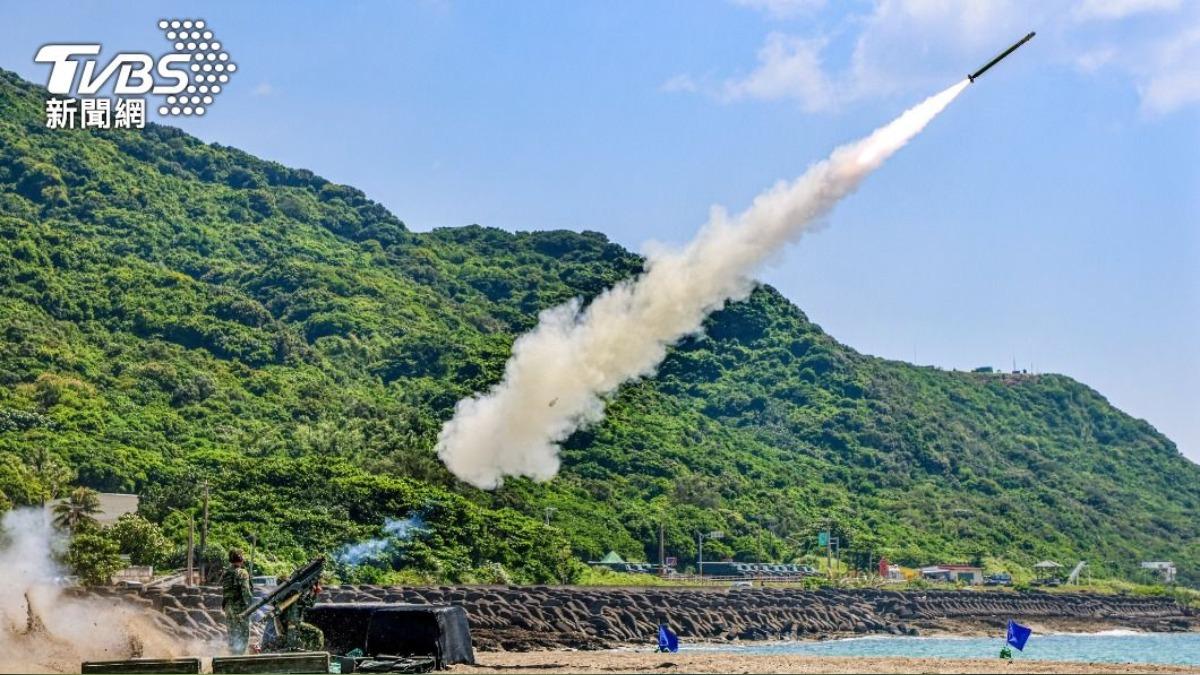TAIPEI (TVBS News) — Taiwan's Defense Minister Wellington Koo (顧立雄) announced Monday (Oct. 7) that the nation lacks the capacity to sustain the production of FIM-92 Stinger missiles, dismissing any plans to assemble them domestically.
Koo addressed the Legislative Yuan's Foreign and National Defense Committee, which convened to discuss the outcomes of the Taiwan-U.S. Defense Industry Conference and scrutinize allegations against defense contractor company Raytheon for overpricing arms sales to Taiwan.
Recent online reports suggested Taiwan proposed technology transfers to the National Chung-Shan Institute of Science and Technology (NCSIST, 中科院) for domestic assembly of Stinger missiles, with U.S. officials set to certify production lines next year. However, Taiwan People's Party (TPP, 民眾黨) legislator Lin Yi-chun (林憶君) questioned the feasibility of U.S. approval, to which Koo responded that no such discussions are underway.
Kuomintang (KMT, 國民黨) Legislator Ma Wen-chun (馬文君) inquired about NCSIST's potential role as a supplier in the U.S. defense industry. Koo clarified there are no such plans.
NCSIST Director General Lee Shih-chiang (李世強) explained that while their drone production capacity is sufficient, the scale depends on military demand. Ma highlighted the government's significant investment in defense research, prompting Lee to emphasize the importance of a resilient defense supply chain.
Lee also revealed that NCSIST has instructed downstream manufacturers to halt production of the Albatross II drones due to a lack of budget for mass production next year. Koo added that once the Albatross II passes operational evaluations, it will be incorporated into construction plans, stressing the need for the drone industry to develop independent production capabilities through collaboration with downstream partners.



